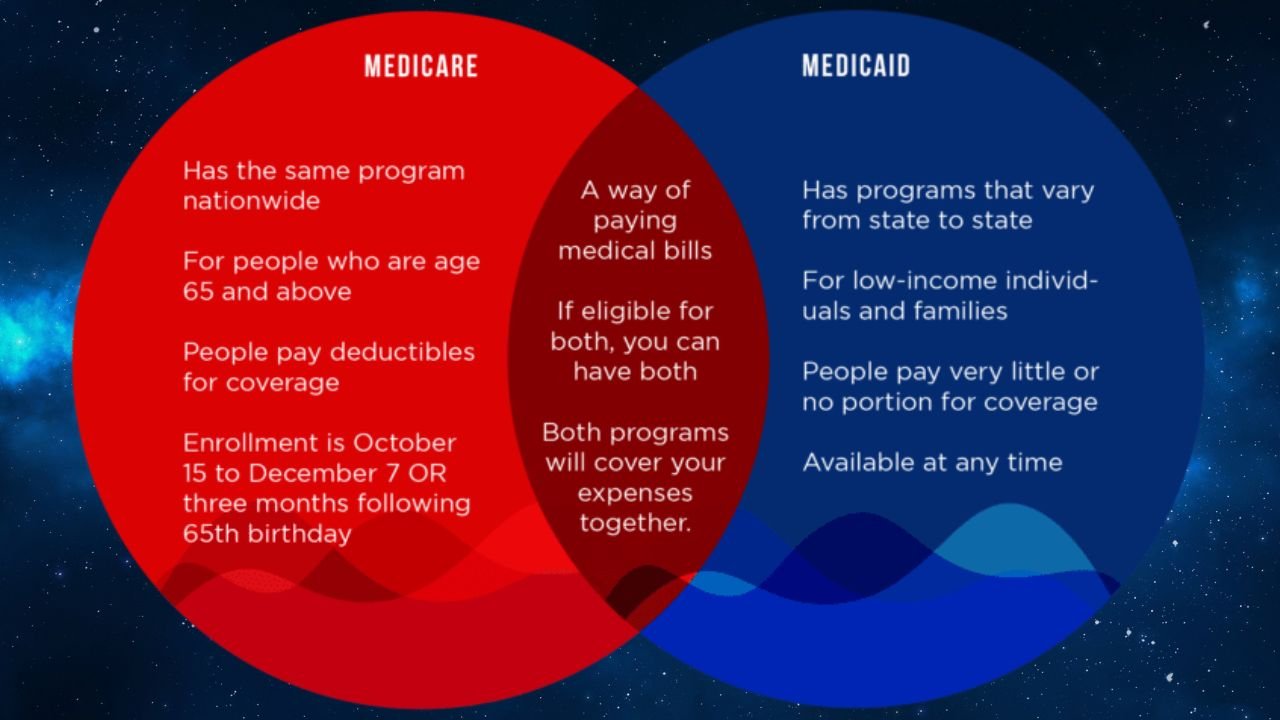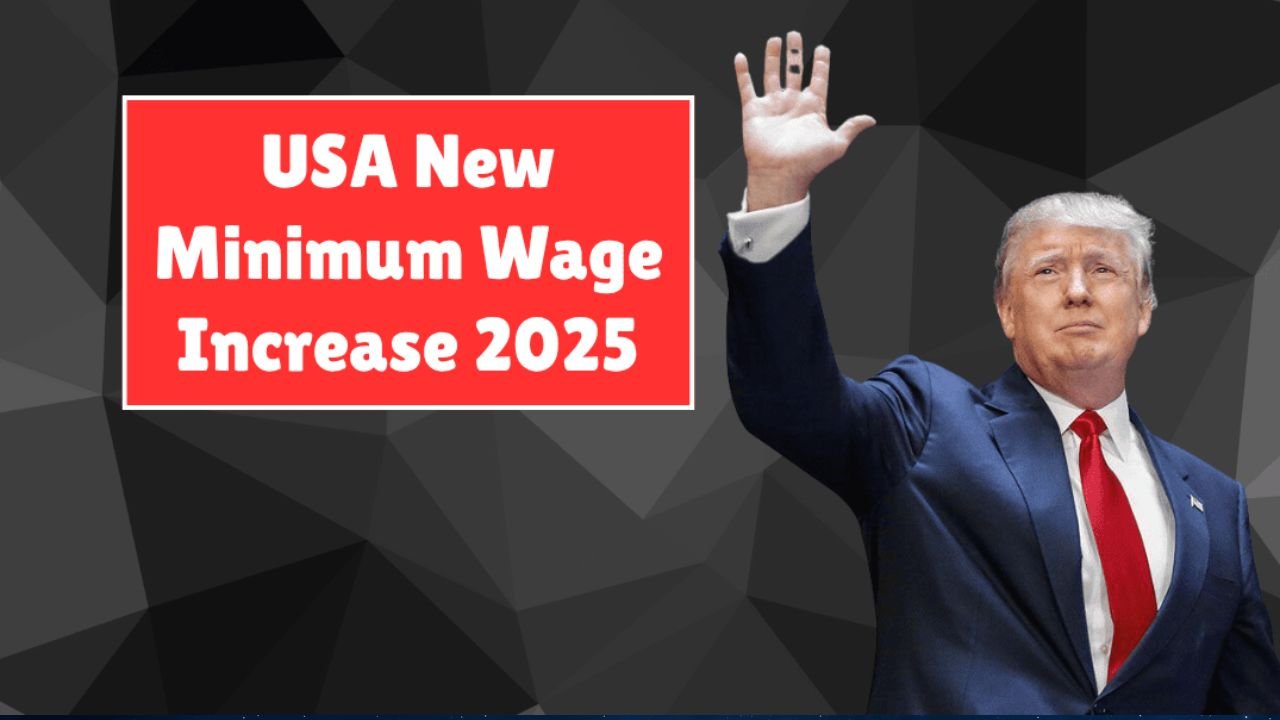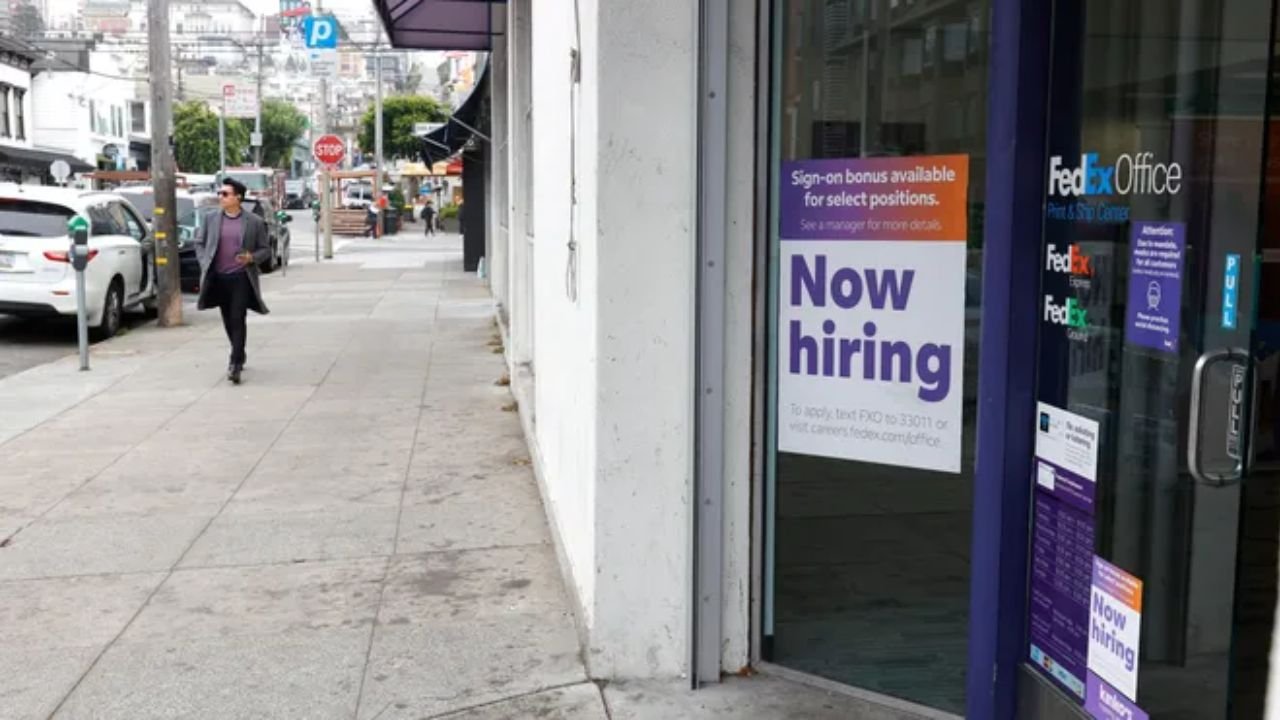ILLINOIS — If you’re looking for health coverage in 2025, you’ve probably heard about both Medicare and Medicaid. But understanding how these two programs differ — and which one you qualify for — can be confusing, especially for seniors, low-income families, and those living with disabilities.
Here’s a clear breakdown of the differences between Medicare and Medicaid in Illinois, including eligibility, benefits, costs, and how to apply.
What Is Medicare?
Medicare is a federal health insurance program primarily for:
-
People age 65 or older
-
Younger individuals with certain disabilities
-
People with End-Stage Renal Disease (ESRD) or ALS
Most people become eligible automatically at age 65 if they’ve worked and paid into Social Security.
What Medicare Covers:
| Part | Coverage |
|---|---|
| Part A | Hospital care, inpatient services |
| Part B | Doctor visits, outpatient care, lab tests |
| Part D | Prescription drugs (varies by plan) |
| Part C | Medicare Advantage (bundled coverage with extras like dental/vision) |
Medicare does not usually cover:
-
Long-term nursing home stays
-
Routine dental, vision, or hearing (unless enrolled in Advantage plans)
Costs in 2025:
-
Part A: Free for most
-
Part B: $179.80/month
-
Part D: Avg. $38.30/month
-
Part B deductible: $248/year
Visit Medicare.gov to compare plans or enroll.
What Is Medicaid?
Medicaid is a state and federally funded program for:
-
People with low income
-
Children, pregnant individuals, and some seniors
-
Individuals with disabilities
Eligibility depends on income level, not age.
What Medicaid Covers in Illinois:
-
Hospital and doctor visits
-
Prescription drugs
-
Dental and vision (including adult services as of 2025)
-
Long-term care and nursing home services
-
Preventive services and mental health support
Unlike Medicare, Medicaid often includes transportation, home health services, and special disability-related coverage.
Costs:
-
No premiums for most
-
Small co-pays may apply
-
Long-term care services are generally covered, especially for seniors and disabled adults
Apply at ABE.illinois.gov to check eligibility.
Who Can Get Both? (Dual Eligibility)
Some Illinois residents qualify for both Medicare and Medicaid, known as dual eligibility.
Typically, this includes:
-
Seniors on Medicare with limited income
-
People receiving SSDI who meet Medicaid income thresholds
Benefits of dual coverage:
-
Medicaid pays Medicare premiums (Part B)
-
Access to extra services, including dental/vision
-
Lower out-of-pocket costs for prescriptions and hospital stays
Call the Illinois Department on Aging (SHIP program) at 1-800-252-8966 for personalized help.
Key Differences at a Glance
| Feature | Medicare | Medicaid |
|---|---|---|
| Who Runs It | Federal | State + Federal |
| Who Qualifies | Seniors 65+, some disabilities | Low-income individuals & families |
| Covers Dental/Vision? | Not standard (Advantage plans may) | Yes, in Illinois |
| Monthly Premiums | Yes (Part B, D) | No (in most cases) |
| Application Site | ssa.gov/medicare | abe.illinois.gov |
| Prescription Drugs | Part D or Advantage plan | Covered through managed care |
Common Questions from Illinois Residents
“Do I have to choose between the two?”
Not necessarily. If you qualify for both, you can receive dual coverage.
“Is Medicaid better than Medicare?”
They serve different purposes. Medicare is for seniors and those with work history; Medicaid is for those in financial need.
“What if I’m retired and low-income?”
You may qualify for both programs — which gives you better coverage and financial protection.
Still Unsure Which Program Is Right for You?
We’re here to help you navigate the system. Share your situation or questions at chicagosuburbanfamily.com — and we’ll continue reporting on the health coverage issues that matter most to Illinois residents.














